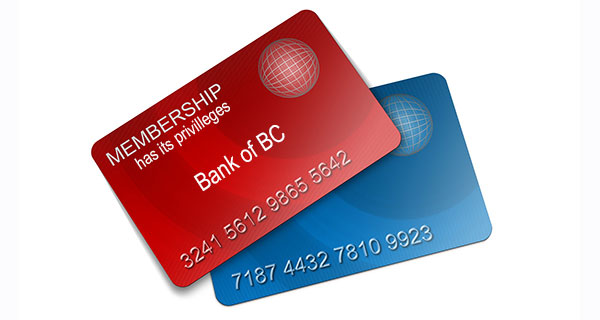 As the old song says, “money makes the world go round” – at least on the level of material possessions. And money falls into two categories: ours and other people’s.
As the old song says, “money makes the world go round” – at least on the level of material possessions. And money falls into two categories: ours and other people’s.
Of course, we’re free to do whatever we wish with our money. We can spend it extravagantly. Or we can take care of it, spending wisely and putting some aside for future needs and wants.
When we’re asked to handle other people’s money, it’s expected that the wise and careful approach will be used.
When I worked for the federal government, it was made very clear that we were spending taxpayers’ money. We not only had to avoid all extravagance, but we had to be seen to avoid all extravagance. Expenses were limited by guidelines, approved by supervisors or both. Documentation down to the level of parking receipts was required.
Sometimes the oversight got silly. Bills for long-distance phone calls (yes, there used to be charges for these) were passed around and each call had to be accounted for. If you didn’t recognize the number of a call you made a few months ago, you might have to call the number again to find out who it was so you could account for it.
If, however, the arithmetic showed that a national meeting including all travel could be held more cheaply in Mexico than in Winnipeg in February, we went to Winnipeg. In that case, optics outweighed expense.
These practices came to mind reading about the report that the B.C. Speaker Darryl Plecas released describing the alleged expenses of the clerk of the legislature, Craig James, and the sergeant-at-arms, Gary Lenz.
Where were the guidelines or need for supervisory approval on these alleged expenses?
No one seemed to notice or care how such spending of taxpayers’ money would look.
The report lists travel, clothing, jewelry, subscriptions and many other expenses, all at extravagant levels. We don’t yet know how much of these expenditures can be verified – or justified.
To an outsider, namely a taxpayer whose money was being spent, very few of the expenses listed, if any, seem justifiable. Nor are these the kind of purchases most people would make if it was their money they were plunking down.
The very best outcome we can hope for is that any expenses can be justified.
But perhaps it’s determined that what we have are just a couple of bad apples. Perhaps somehow they fell between the cracks in a system that’s well regulated and watched, where most people follow the rules and respect other people’s money.
No matter what, a bad odour will linger for some time.
The worst outcome would be if many people start to feel the system doesn’t work. Some people with access to government or other funds not their own might be tempted to see how much they can get away with. After all, others are doing it.
And that would put pressure on our tax system, which still depends to a large extent on self-reporting and honesty. Tax avoidance (legal) and tax evasion (illegal) rise when taxpayers wonder why they should give their money to government officials who use it to indulge themselves in the kind of luxuries that ordinary citizens can’t afford.
In a democracy, there’s no satisfactory answer to that question.
If you give your money to someone like a banker or a financial adviser, you expect them to treat it as carefully as they would if they were managing their own funds.
You might even say to them: “Treat this like your own money.” By this you mean: “Be thrifty, preserve capital, minimize risk and get value for any expenditures.”
Certainly, you don’t mean: “Blow it on any wild extravagance you can think of.”
Unfortunately, it’s the latter option that comes to mind when some people have access to the funds of others.
If such people operate in the private sector, the public will soon learn not to give them any of their money.
We have less choice about giving our money to the government through taxes.
We should expect public officials to treat every penny we give them at least as carefully as we would treat that money ourselves.
Troy Media columnist Roslyn Kunin is a consulting economist and speaker.
The views, opinions and positions expressed by columnists and contributors are the author’s alone. They do not inherently or expressly reflect the views, opinions and/or positions of our publication.

